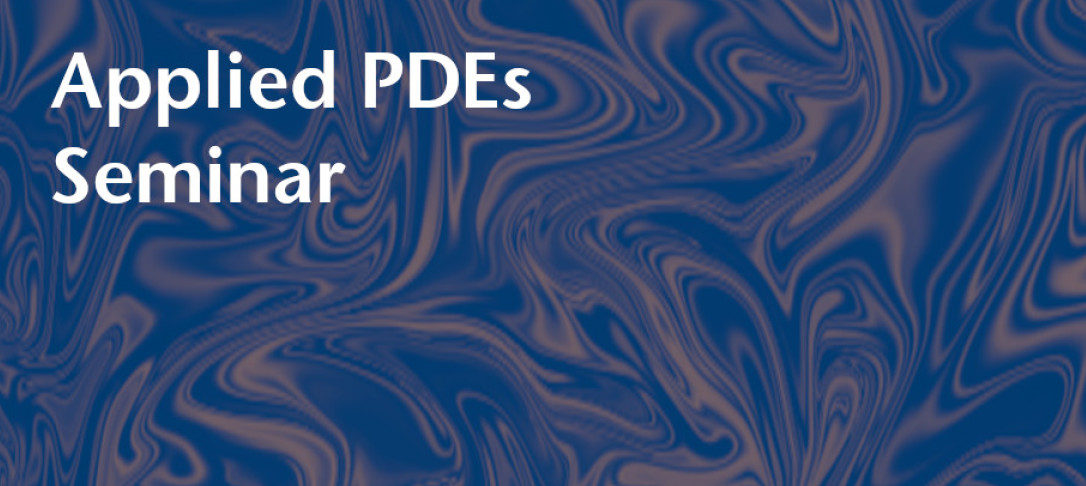
Abstract: Partial differential equations play an important role in applications, ranging from physics to data science. As part of this talk, I will discuss recent projects on the analysis of (i) nonlinear transient flows in porous media and (ii) score-based diffusion models. In models of porous media flows, for instance in hydrogeology, the porosity of the solid matrix is typically treated as a static quantity. However, under certain circumstances, such as in soft sedimentary rocks or in magma flows, the porosity of the solid material can evolve under the influence of fluid pressure. This can lead to the formation of solitary porosity waves and of higher-porosity channels. We consider a system of nonlinear partial differential equations for porosity and effective pressure, based on a poroviscoelastic model, which describes such phenomena. As part of this talk I will focus on the well-posedness of this problem, which has been established in the literature only for initial porosities of high Sobolev smoothness. We discuss several results for porosities of low regularity, including cases with jump discontinuities that are of particular interest in geological applications. Secondly, I will discuss our recent results on score-based diffusion models which have emerged as one of the most promising frameworks for deep generative modelling, due to their state-of-the art performance in many generation tasks while relying on mathematical foundations such as stochastic differential equations (SDEs) and ordinary differential equations (ODEs). We systematically analyse the difference between the ODE and SDE dynamics of score-based diffusion models, link it to an associated Fokker-Planck equation, and provide a theoretical upper bound on the Wasserstein 2-distance between the ODE- and SDE-induced distributions in terms of a Fokker–Planck residual.


